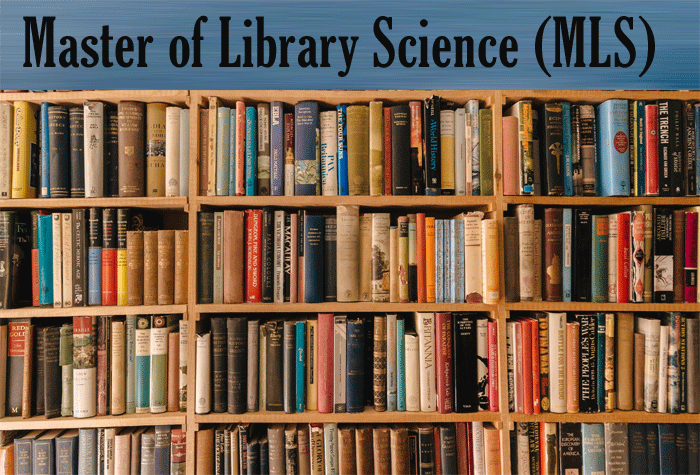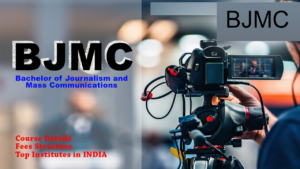
A Master of Library Science (MLS) is a professional degree that prepares individuals for a career in libraries or library–related fields. This degree typically requires two years of full–time study and includes courses in information organization, library management, and digital technology. Individuals who pursue an MLS typically choose to specialize in a particular area, such as public, school, or academic librarianship. An MLS is required for most librarian positions and provides graduates with the knowledge and skills needed to succeed in the field.
Master of Library Science (MLS) Eligibility Criteria
In order to be eligible for a Master of Library Science (MLS) degree program, you must have a bachelor‘s degree from an accredited college or university. Many MLS programs also require that the student have some relevant work experience or volunteer experience in a library or related organization. Additionally, some schools may require applicants to submit GRE or other standardized test scores.
Master of Library Science (MLS) Colleges In India
1. Aligarh Muslim University, Aligarh
2. University of Delhi, Delhi
3. University of Mumbai, Mumbai
4. Panjab University, Chandigarh
5. University of Calicut, Kerala
6. Andhra University, Visakhapatnam
7. University of Hyderabad, Hyderabad
8. University of Mysore, Mysore
9. Annamalai University, Chidambaram
10. Symbiosis International University, Pune
11. Guru Nanak Dev University, Amritsar
12. IGNOU, Delhi
13. Osmania University, Hyderabad
14. Jamia Millia Islamia, Delhi
15. Kurukshetra University, Kurukshetra
16. Manipal University, Manipal
17. Dr. Babasaheb Ambedkar Marathwada University, Aurangabad
18. Tamil Nadu Open University, Chennai
19. Maharaja Sayajirao University of Baroda, Vadodara
20. Gujarat University, Ahmedabad
Master of Library Science (MLS) List of Stream
The Master of Library Science (MLS) is an advanced degree program that focuses on developing research, technology, and leadership skills necessary for careers in library and information science. The MLS program can be completed in two years and consists of a variety of courses, including Information and Technology for Libraries, Information Literacy, Collection Development and Management, and Research Methods. Depending on the program, students may also take specialized courses related to their particular interests.
The following are some of the streams available for an MLS:
1. Archival Studies
2. Academic Librarianship
3. Digital Libraries
4. Information Systems
5. Library Management
6. Library Science
7. Preservation and Conservation of Library Materials
8. Public Librarianship
9. Research and Information Services
10. School Library Media Specialization
Master of Library Science (MLS) Syllabus
1. Introduction to Library Science: This course introduces students to the fundamentals of library science and its role in modern society. Topics include the history and purpose of libraries, library organization and management, cataloguing and classification, information retrieval, and reference services.
2. Collection Development: This course focuses on the selection, acquisition, maintenance, and evaluation of library materials. Topics include collection policies, selection criteria, and methods of acquisition.
3. Information Literacy: This course explores the principles of information literacy and its application to library services. Topics include research strategies, evaluation of information sources, and the use of digital resources.
4. Technology in Libraries: This course examines the use of technology in library services. Topics include digital libraries, search engines, and online reference resources.
5. Library Administration and Management: This course introduces students to the principles of library administration and management. Topics include budgeting, personnel management, and library marketing.
6. Outreach and Public Services: This course focuses on providing library services to the public. Topics include programming, marketing, and public relations.
7. Research Methods: This course introduces students to the process of conducting research in library science. Topics include research design, data collection, analysis






